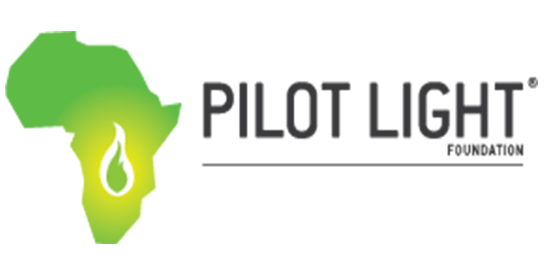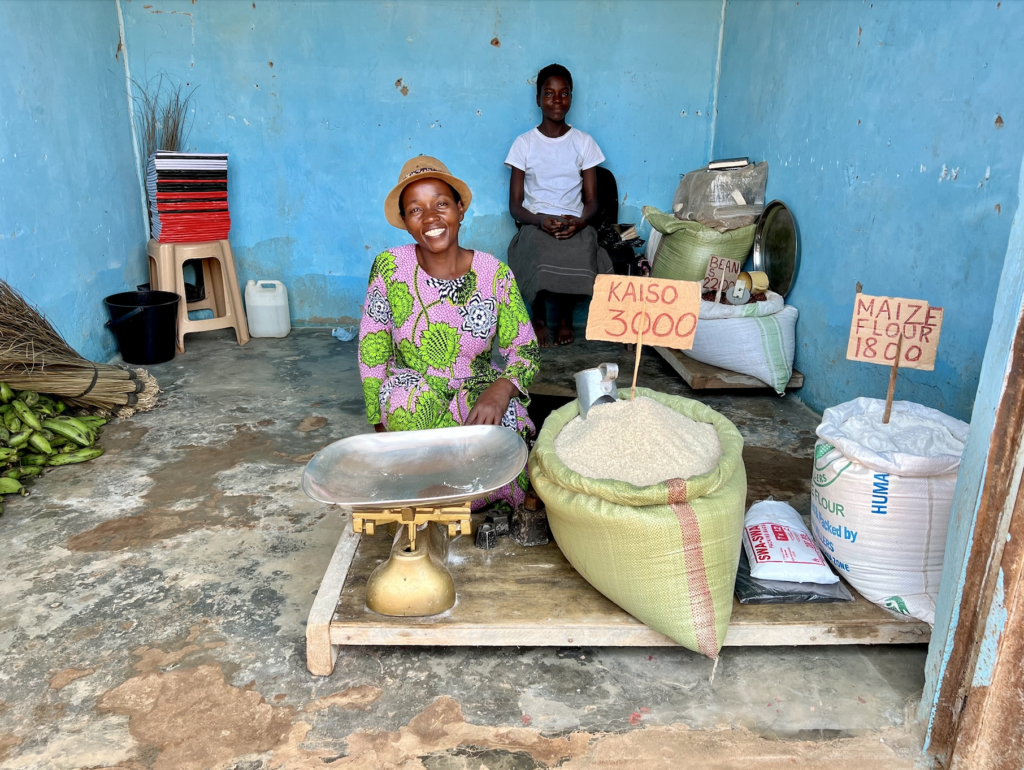- Kampala, Uganda
Sparking Self-Sufficiency in Africa Through Sustainable Income
Throughout Uganda, the disabled remain an especially compromised and vulnerable group. Existing government programs to alleviate rampant poverty in communities do not involve or include people with disabilities fully. Culturally a discrimination and stigma from other community members make life and livelihood for the disabled and their families especially challenging. Disabled youths are a particularly vulnerable group. With few opportunities life can be miserable. Yet, despite their disabilities these youth and their families can fully engage in income generating actives, if only given a chance.
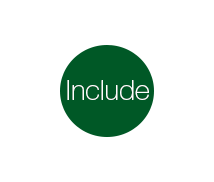
Community Outreach to identify ability-centric income opportunities for people with disabilities and those who are caretakers of young people living with disabilities. Focus is on the Village Savings and Loans Associations (VSLA) methodology, because we believe that the VSLA are the best way for people living in poverty to achieve sustainability of income. Group members are trained in how to save together as a group, give each other loans intended to start or grow their businesses, hold each other accountable for payback with a 2% interest. That interest helps the savings pot grow larger, bigger loans become available, incomes grow and families are transformed. Currently, there are 6 groups that include 200 people.
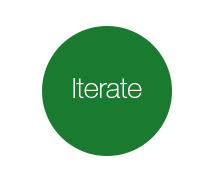
Providing Training and Support. Groups are trained in the power of saving, taking loans and paying back. They are advised on how to create a profitable business plan. Once we see, through their ability to save, that a new VSLA group is committed, we provide Seed Money to boost the savings pot and make more capital available more quickly.
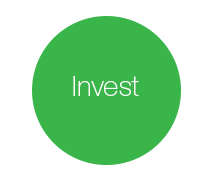
Initiate Social Inclusion through Economic Empowerment. Economic independence is the impetus necessary to dispel stigmas and improve public perception of people living with physical disabilities. Social inclusion can begin community by community with the younger generation.
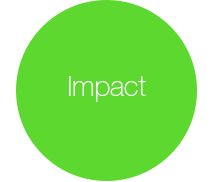
Self-Sufficiency and Increased Self-Worth. These begin with the ability to provide for basic needs of food and shelter for self and family. A feeling of being supported and loved develops through the group dynamic and shared hurdles faced.
Societal Inclusion. Careers within the community focus on ability and help to dispel negative stereotypes and end discrimination.
Economic Empowerment. This initiates positive feedback loops to end cycle of poverty for the disabled and their families.
Role Model for Others. Increased stature in the community. Serving as leaders and role models for the other people with disabilities.
